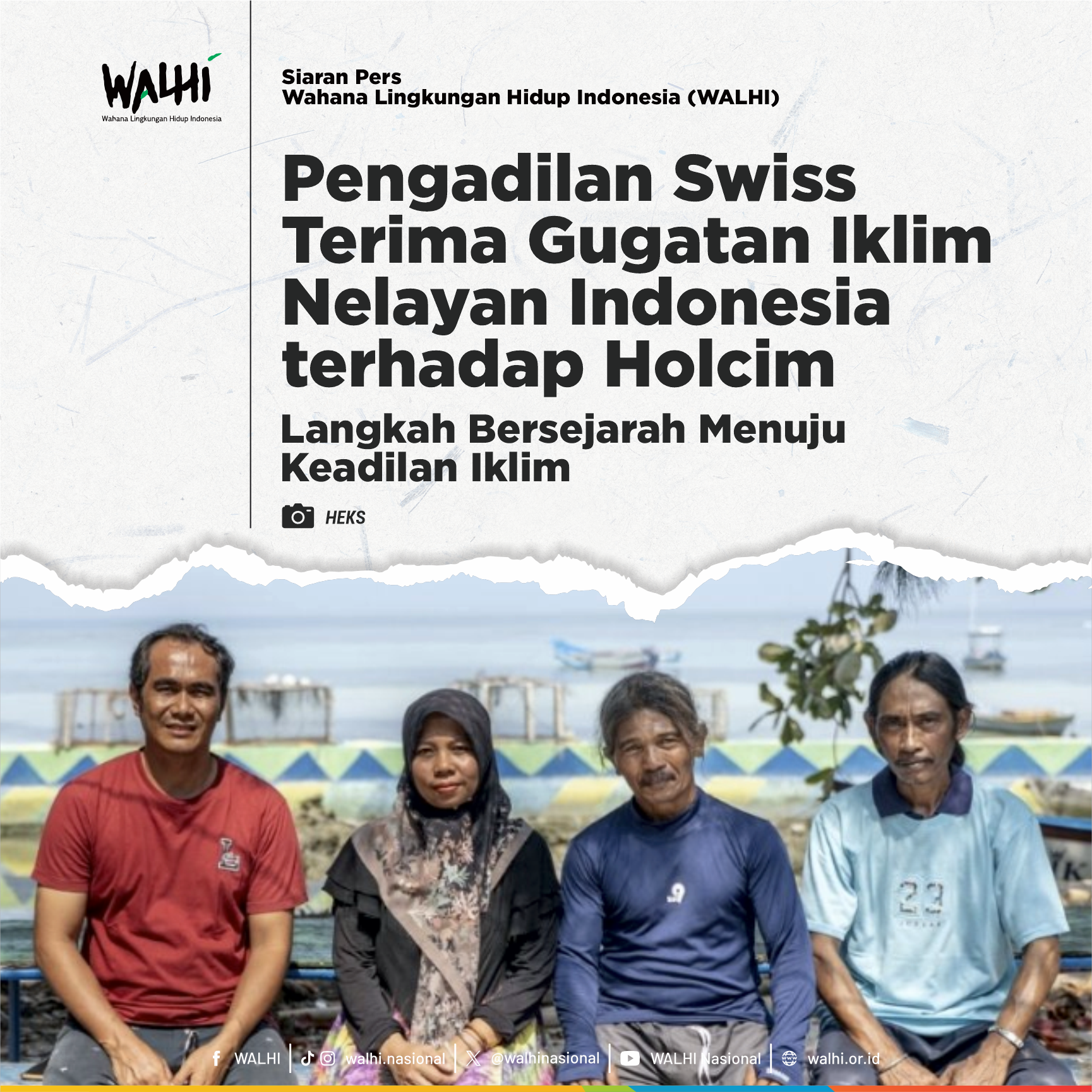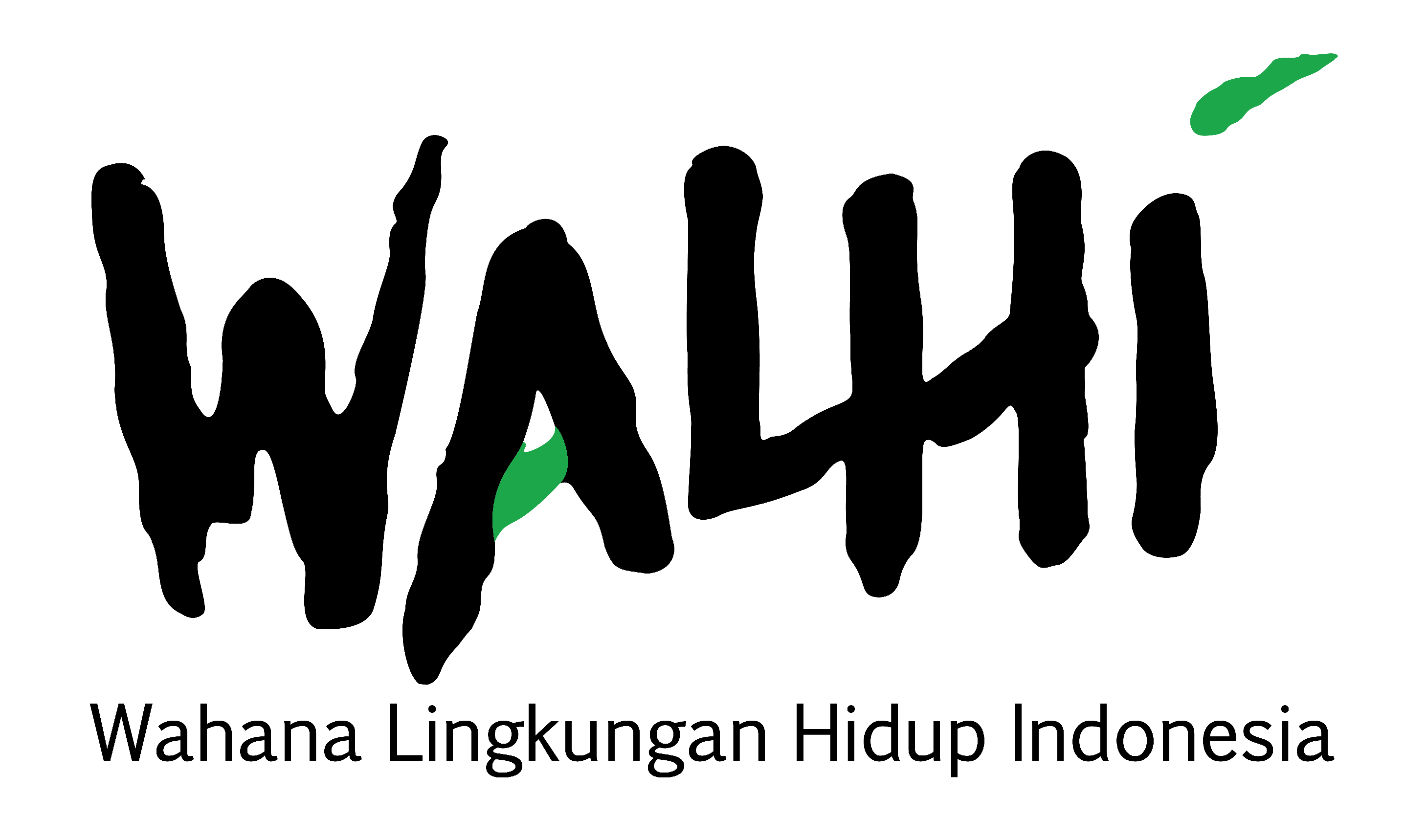On Sunday, 2 July 2017, the situation along Takalar shore was getting warmer, not because of the sun shined, but because of the protest against sand mining done simultaneously in Talakar seashore for about 35 km, starting from North Galesong to South Galesong. This action was joined by 21 villages that were furious for the continuous Sand mining in the area. On the other side, the environment was damaged from time to time which affected the decreasing of income for fishermen working in the sea. After a few days, exactly on 19 July 2017, hundreds of people of the seashore did the protest again, this occasion the marched to Regional Legislative Councils (DPRD) headquarters in Takalar, since it was considered not pro-people, the people occupied the office of DPRD Talakar even spent the night there, all efforts were done to stop the sand mining. This protest was not the first one, since March 2017 there has been massive protests being held, there were even some incidents happened so that the fishermen held sand mining ship that did a mining secretly at night. One of the ships being held was ship of PT Boskalis. Boskalis International Indonesia was the winner for tender Reclamation of Centre point of Indonesia Area (CPI) Makassar.
Sands from Takalar area is identified as iron sands, this encourages the exploitation of sea sands for reclamation project interest. The same thing is emphasized by Asmar Exwar, Executive Director of Walhi in South Sulawesi Province “The CPI Reclamation Project is not only affects the environment surrounding Makasar beach, but also affects the location in which sea sands is being mined, such as Takalar waters, it raises a conflict where ten thousands of Takalar fishermen get upset because the sands mining affects the sea production. Considering the environmental effect and living rights of the fishermen, WALHI South Sulawesi urges the government to revoke the principal license of the 4 companies doing the sea sands mining activity”. These protests were not only done in the field, from regency level (Regent & DPRD), Province, even in June 2017 some of the representatives delivered their protest directly to the Ministry of Marine and Fishery in Jakarta, however, up to recently the sands mining activity has not stopped yet. There are at least 7 companies proposing for business license to mine sand sea in Talakar, 4 of them have operated and got principal license. They are: PT Yasmin Resources Nusantara, PT Mineratama Prima Abadi, PT Hamparan Laut Sejahtera, PT Alepu Karya Mandiri, PT Gasing Sulawesi, PT Lautan Phinisi Resources, PT Banda Samudra
Environmental Effect The sea sands mining activity threats the ecosystem of seashore, sea and small islands surrounding the area; moreover, such thing will affect the productivity of fishery and the income of fishermen. There are at least spawning fish of the people, habitat for crabs, squids, and fish. Moreover, the Ministry of Marine and Fishery itself has asset in such area which is Salt Water Seeding Center of Takalar producing superior shrimp seeding. The decreasing of environmental ecosystem can also be seen from the income of fishermen when fishing, before the sea sands mining operates, usually the fishermen was able to get two baskets of fish in two days; currently, it takes them at least one week or more just to get two baskets. As economical comparison, the price of Catombo fish per basket can reach 250,000 – 300,000 Rupiah. Meanwhile they need 20 liters of gasoline (200,000 Rupiah). The decreasing of productivity in fishery is caused by such as the increasing level of kekeruhan air pada air laut, and because the changing of aliran air laut. From the biodiversity, even the waters of Galesong, especially around the Sanrobengi Island still has a very good biodiversity. It even is considered as waters conservation in the space pattern of KSN mamminasata.
Zoning Plan for Seashore Area and Small Islands (RZWP3K) In accordance to Law No 1 of 2014 (regarding the amendment of Law No 27/2007) regarding Management of Seashore Area and Small Islands, Article 17 Paragraph 1, before the issuance of Zoning Plan for Seashore Area and Small Islands (RZWP3K), the permit for location to become sea sands mining shall not be processed yet. However, in fact 4 corporates have already had the license and have operated in such area. Currently, the regional regulation bill of RZWP3K is in the preparing process; however the bill has several main problems:
- The regional regulation bill of RZWP3K in South Sulawesi gives huge space for exploitation, from the total area of waters ± 94,399.85 Km2, about 47,959.32 of it is stipulated for sea sands mining.
- The preparation of the bill is done without participation, in its preparation they don’t involve the people or other people’s organization, especially affected groups and those who have concern regarding environment.
- There is no study on environment, economy, social culture thoroughly. In accordance with Government Regulation 46 of 2016 Article 3, Strategic Environmental Study (KLHS) shall be done in the preparation of zoning of seashore area and small islands.
Having all considerations mentioned above, the sea sands mining in Takalar shall be stopped; including the preparation of regional regulation bill of RZWP3K shall be postponed until there is public involvement massively and is started by implementing KLHS.






